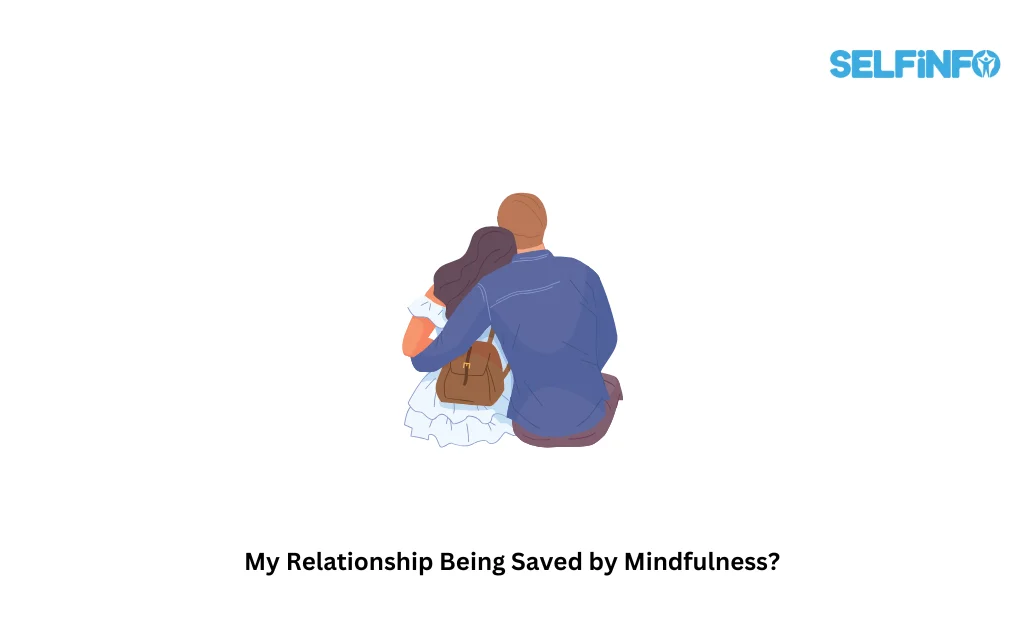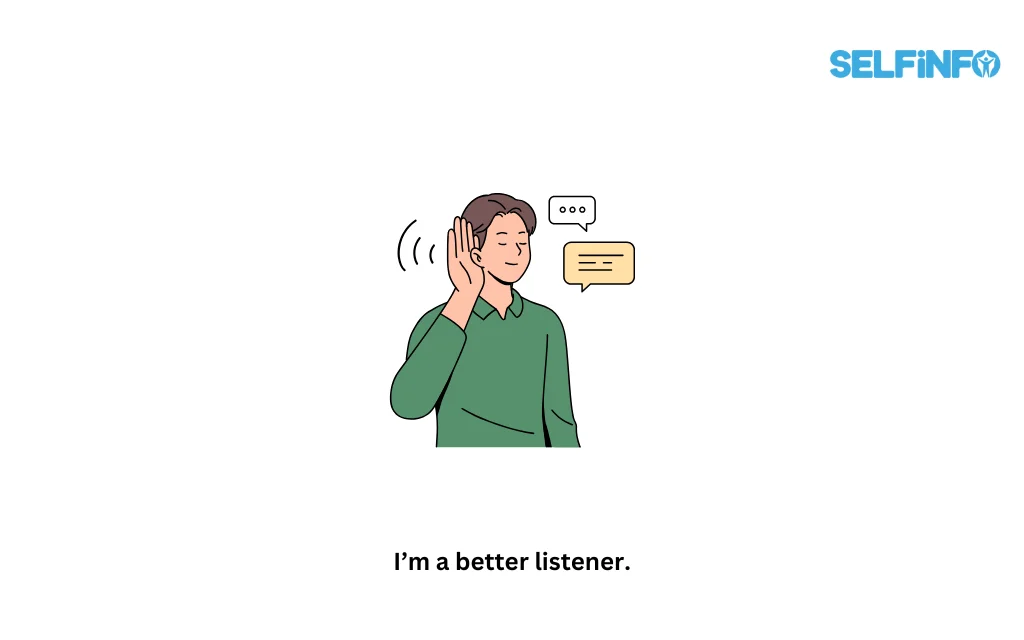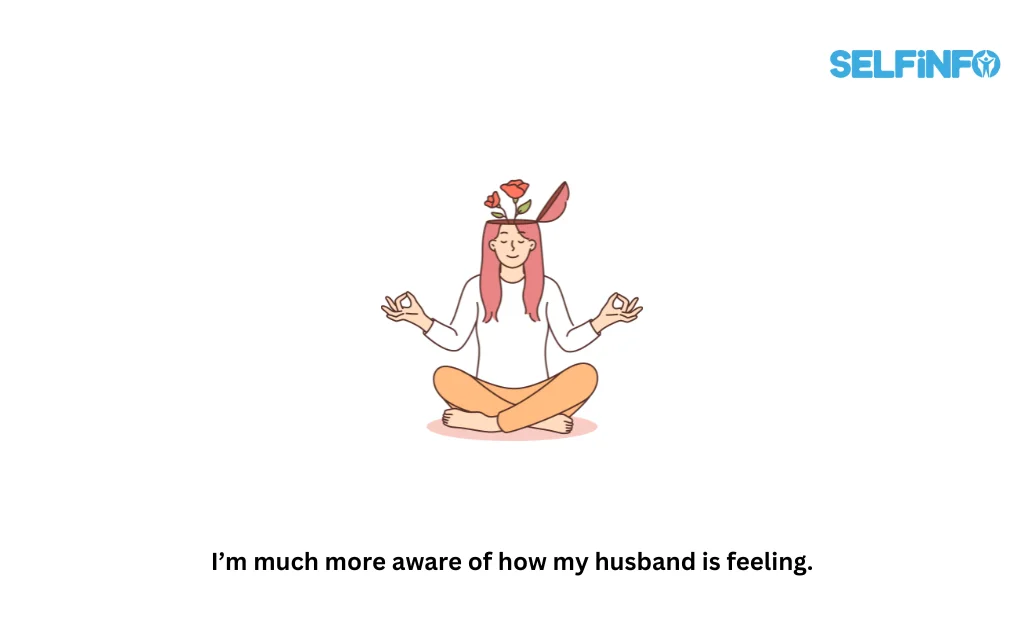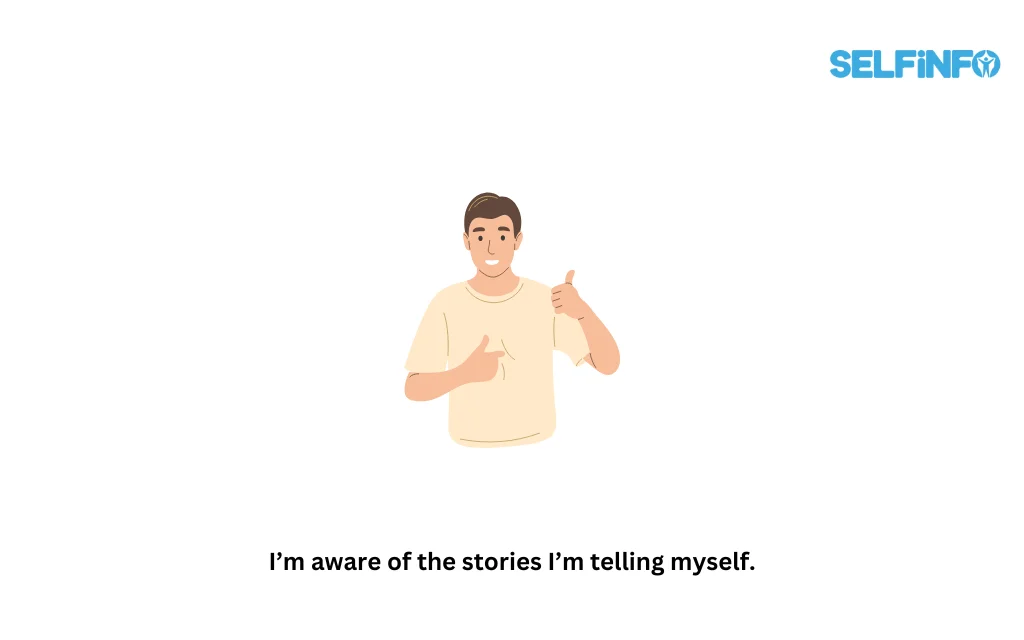My relationship with mindfulness and meditation started several years ago, as I turned to them to manage my anxiety. While my practice has helped me overcome anxiety, it has had an unexpected side effect: it’s negatively impacting my marriage.
We have only been married for a short time, and as many couples before us have discovered, it may occasionally be challenging to adjust to this new dynamic.
It is not always easy to learn to compromise and communicate. I care about not being hurried, but he cares about being on time or early. After supper, I prefer the kitchen to be tidy, but he does not give a damn. He becomes anxious when he is unaware of the schedule ahead of time, and I get anxious when I feel constrained by a plan.
So we got into a fight. They became enraged with one another. and established these standards for one another that we most certainly did not always fulfill.
But gradually, I became aware of a shift. My stress level, my propensity to place blame, and my expectations of him all changed, and that is where it all started. I discovered that I was better at communicating when a disagreement arose between us, more understanding, and better able to let go of things that did not go my way.
Several years ago, I began taking mindfulness and meditation more seriously and incorporated them into my daily routine, primarily to deal with my anxiety. My practice has undoubtedly much aided me in conquering my anxiety, but it has also had an unanticipated consequence: it is negatively affecting my marriage.
We have only been married for a short time, and as many couples before us have discovered, it may occasionally be challenging to adjust to this new dynamic.
It is not always easy to learn to compromise and communicate. I care about not being hurried, but he cares about being on time or early. After supper, I prefer the kitchen to be tidy, but he does not give a damn. He becomes anxious when he is unaware of the schedule ahead of time, and I get anxious when I feel constrained by a plan.
So we got into a fight. They became enraged with one another. and established these standards for one another that we most certainly did not always fulfill.
But gradually, I became aware of a shift. My stress level, my propensity to place blame, and my expectations of him all changed, and that is where it all started. I discovered that I was better at communicating when a disagreement arose between us, more understanding, and better able to let go of things that did not go my way.

What is Mindfulness?
Being mindful is intentionally and impartially focusing on the here and now. Daily actions like eating, driving, and conversing can all involve this. Formal meditation is another way to practice it.
This straightforward exercise can change the way we relate to our ideas, provide us with fresh insights about life and even our own actions, and release us from the power that our emotions can exert over us when we identify with them.
These are some personal growths I have noticed as a result of mindfulness practice that have enhanced my marriage.
I’m happier.
Eight out of ten adults suffer from stress on a daily basis. Additionally, almost 40 million Americans suffer with anxiety, including me for the past 30 or so years. A tried-and-true, scientifically supported strategy for managing and escaping the grip of stress and anxiety is mindfulness practice.
When we are anxious, depressed, or furious, we search for evidence that life is difficult or awful, or that we are correct and everyone else is wrong. Dishes left on the counter, a car moving too slowly in traffic, or the way your husband asks what is for supper are examples of things that irritate us.
When we are content, we search for evidence of why life is wonderful. On Tuesday mornings, your partner wakes up without complaining to take out the garbage, and you notice the pleasant things, like the birds chirping. From a place of happiness, it is also simpler to be more forgiving and kind.
I am a much better wife and partner now that I am less stressed and anxious. Things seem to annoy me less when I am in a joyful state, and I am also lot more nice to be around.
I’m a better listener.

I have always had trouble paying close attention in conversations since I have attention deficit hyperactivity disorder. It is challenging to be really present, listen to what the other person is saying, and remember the knowledge for later when the mind is distracted by other things.
My capacity to pay attention has significantly improved as a result of my mindfulness practice. Building the “muscle” that allows us to focus our attention at will is similar to brain training.
When my husband shares with me, I am better able to listen to him completely without always considering what I should say next or what I have to do later. As a result, he feels heard and our relationship is strengthened.
I’m much more aware of how I’m feeling.
Not to imply that I am content all the time—I do not believe it is feasible, and I would not want it. There are valid reasons to experience all of our rainbow of emotions, even if only briefly.
The deliberate practice of paying attention teaches the brain to recognize our emotions. We are so accustomed to simply experiencing our emotions that we attempt to avoid them, dull them, or lash out if they are unpleasant.
Examining our emotions with curiosity is more useful and far less unpleasant. Put a label on them. Next, pose inquiries. “Oh, I am becoming annoyed. What is that about? What other perspective might there be on this? How can I handle or alter this circumstance?
I am also more adept at controlling my emotions before they get out of control. When a dispute reached its climax, the horse was already out of the barn. Once you have hit the peak of your irascible mood, it is difficult, if not impossible, to control it.
It takes around twenty minutes to calm down enough to think clearly enough to make wise, rational decisions because your body and brain are now in fight-or-flight mode, making it impossible to access critical thinking abilities.
Granted, after years of practicing mindfulness, I no longer experience those intensely negative emotions as frequently. But since I am only human, occasionally I may sense those feelings growing.
I’m much more aware of how my husband is feeling.

Practicing mindfulness improves your capacity to be in the now and avoid mental distractions. You become more perceptive, a better listener, and more perceptive as a result.
Because you can perceive things from another person’s perspective to improve communication, you end up with higher degrees of emotional intelligence. It turns into a potent instrument that improves your comprehension of circumstances, contexts, and other people.
I have gotten better at understanding my husband’s feelings and placing his actions in perspective when he appears irritated. For instance, I can recognize that his outburst of rage at me because we were supposed to have gone five minutes ago is really a result of his aggravation at not being able to manage what he loves, which is being on time.
I no longer get irritated in response. Rather of taking offense, I sympathize with him because I have a greater understanding of the reasons behind his feelings.
I’m able to forgive more quickly.
Pobody is nerfect. By focusing on the present moment without passing judgment, mindfulness teaches us to forgive both ourselves and other people.
By practicing mindfulness, one can forget about the past and stop worrying about what might happen in the future.
Because mindfulness allows us to just live in the present and let go of materialistic or unrealistic thinking, it can be quite helpful.
It can be used to accept and let go of your emotions, such as sadness, anger, impatience, or betrayal. Finding out what is hurting you the most is the first step on your journey to a more liberated you.
I have reached a point in my relationships where I do not harbor resentment or bring up the past in disagreements because I have developed a stronger capacity for forgiveness.
I’m aware of the stories I’m telling myself.

It is quite simple to identify with the narrative we are telling ourselves and accept it as the complete truth when things does not work out.
I have learned to distinguish between myself and my ideas thanks to mindfulness. They are not interchangeable. Like clouds in the sky, thoughts are concepts that fly across our heads. They pass quickly. They vary according on the situation.
I can now more readily recognize the tale I am telling myself that is upsetting me when I am upset thanks to mindfulness.
For instance, when I returned home from a week-long business trip, I was upset that my spouse had not gotten up to greet me warmly. He continued to sit on the couch, engrossed in his work.
I went upstairs to vent because I was upset. Then I became aware that I was lying to myself about how little my spouse loved and cared about me. I am aware that is untrue. He did not get up for a variety of reasons.
He asked me about it when I returned downstairs since he could tell I was still a little agitated. “I am telling myself that you did not miss me because you did not wake up when I got home,” I added. I am still a little upset because I would have enjoyed a big hug from you, even though I know it is not true.
He expressed regret and stated he had hoped to show his affection for me after I was settled. I told him what he had done wrong, but he was far more open to “the story I am telling myself” than he would have been. And after I stopped making snap judgments and gave him the opportunity to present his case without getting into a fight, I felt better.
After several weeks, he quietly confided in me that he was upset about something, and he began by saying, “The tale I am telling myself is.”
I realized then that mindfulness was helping our connection.
I can reframe any scenario and have the room to react carefully rather than impulsively when I can look at my ideas and feelings objectively.
If this experience has taught me anything, it is that loving yourself and working toward bettering yourself may positively impact those around you. I can be a better wife, friend, daughter, and coach if I can become a better version of myself—less stressed, more compassionate, healthier, and happier.
